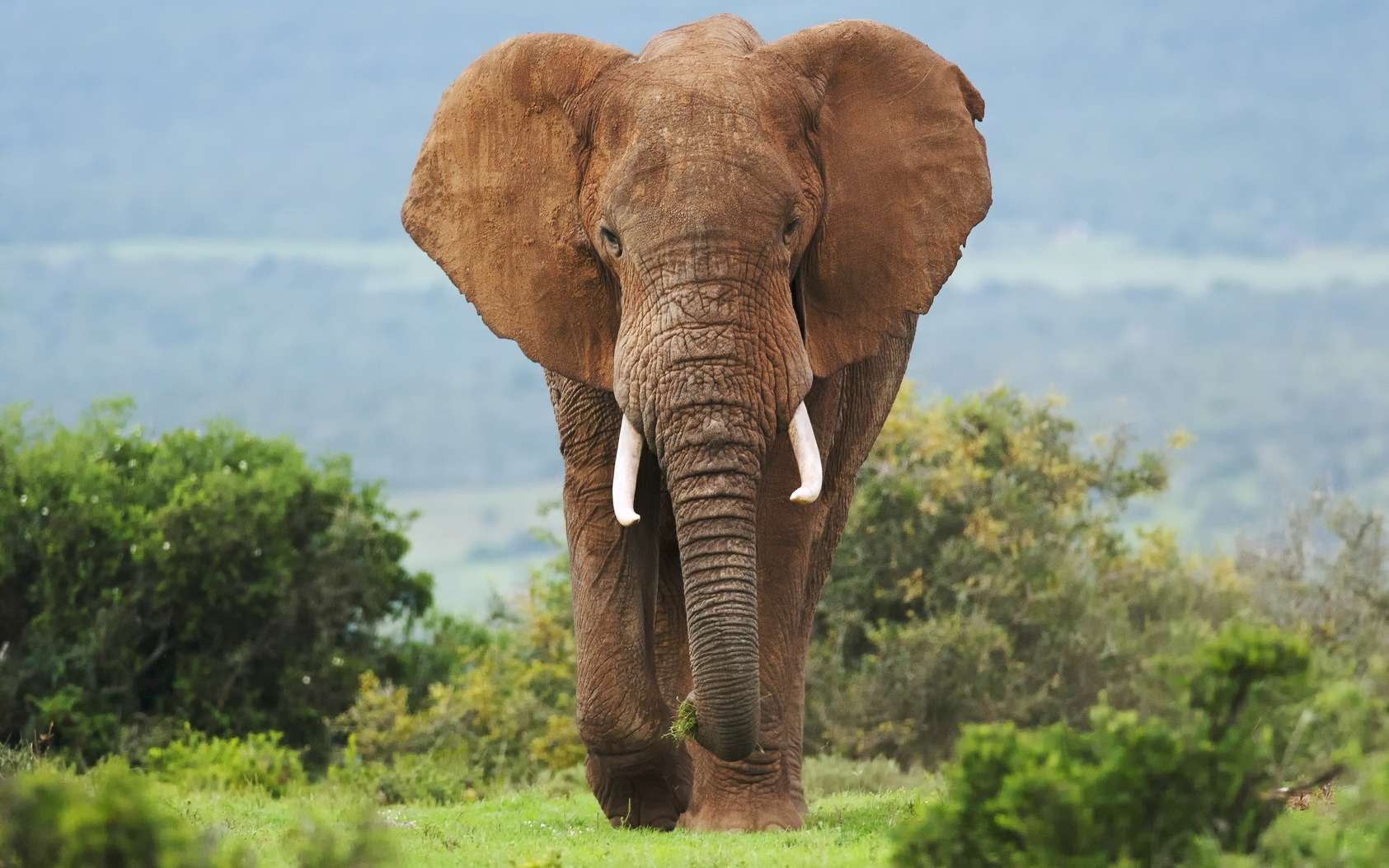11 Dec 2024

Tired Earth
By The Editorial Board

The day is observed every year on 12 August to make people aware of the critical threats that elephants are facing and to find an optimal solution to ensure their survival. There are several organisations and people across the world working for the welfare of elephants. World Elephant Day also encourages and supports their work.
On this World Elephant Day, we are going to tell you some of the interesting facts related to elephants. Scroll down the article to read more about this.
Source : boldsky.com
Comment